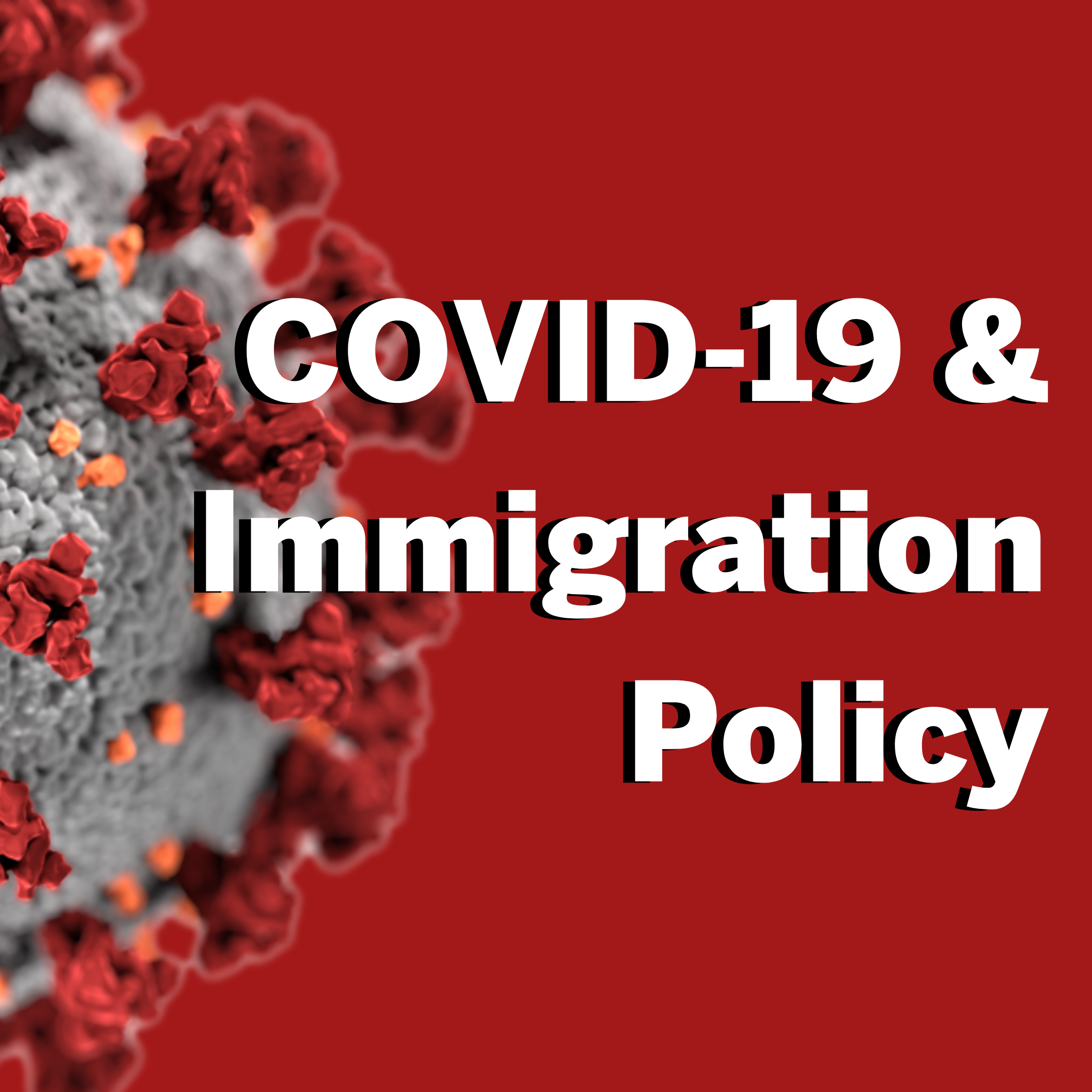INDIANAPOLIS – Indiana’s immigrant community may be at greater risk during the COVID-19 pandemic due to fears over how using services could impact immigration status. The Public Charge Grounds Inadmissibility law, known as the public charge rule, allows the federal government to determine whether a person is likely to become a public charge—a noncitizen receiving public benefits for 12 months out of a 36-month period. However, the classification can negatively affect a person’s immigration status and path to citizenship.
An analysis from the Center for Research on Inclusion and Social Policy at the IU Public Policy Institute found that immigrants may fear being labeled a public charge if they were to seek medical treatment for COVID-19 or receive COVID-related relief assistance.
More than 70 percent of Indiana’s immigrants work in service industries or have low-wage jobs. Many of these businesses, such as restaurants and bars, were affected by state-mandated closures. The loss of stable income may force immigrants to seek out public assistance to cover basic expenses, making them more susceptible to the public charge rule. While recently passed stimulus funding could help families cover these basic needs, the funds are not available to all immigrants—including those who are undocumented and some who are in the United States legally.
In addition, immigrants who are front-line workers in essential businesses—such as health care, supermarkets, and meat processing facilities—are at a greater risk of COVID-19 exposure due to the inability to social distance on the job. While this may be true for all front-line workers, those in the immigrant community may be less likely to seek medical treatment because of a lack of health insurance and translation services, coupled with rumors within the community that receiving treatment could impact immigration status. Fear of seeking treatment and an inability to social distance at their jobs could lead to higher infection rates within the immigrant community, especially given the fact that many immigrant households are multigenerational.
Organizations around Indiana are working to help those in need. Indiana Undocumented Youth Alliance, Dreamers Alliance, Cosecha Indiana, and Proyecto Siembra provide direct financial relief for immigrants. In addition, the Immigrant Welcome Center and its partners launched the Community Connect Program in March 2020 to connect immigrants with referral services and conduct wellness checks on clients.
CRISP analysts say suspending the public charge rule at the federal level could encourage immigrants to seek medical attention for COVID-related symptoms. At the state and local levels, they also recommend immigrant-specific financial relief services, continued support of immigrant-serving organizations, and providing culturally appropriate public safety messaging and health services to reach Indiana’s immigrant community. Those measures could include adopting flexible emergency Medicaid policies, as well as providing bilingual medical professionals and telemedicine options to ensure immigrants receive the medical care they may need.



